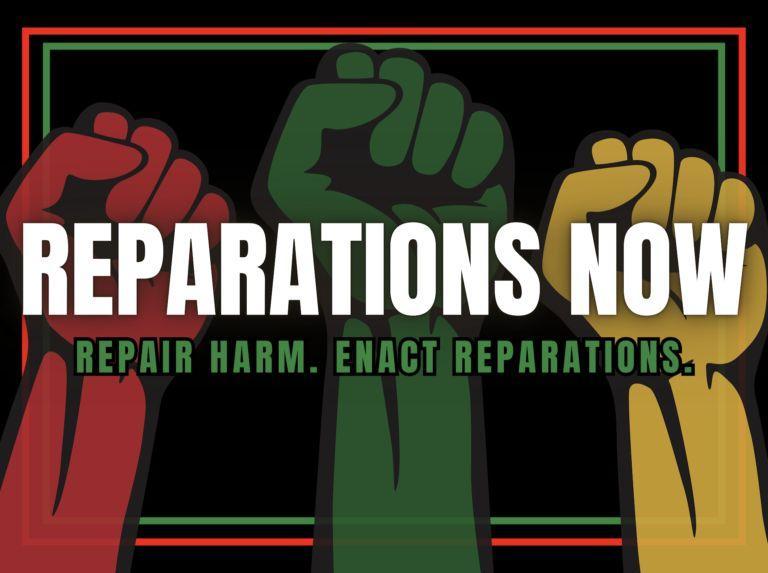Africa-Press – Ethiopia. The 38th African Union Summit, scheduled to take place in Addis Ababa next week, is set to shine a spotlight on the critical themes of reparatory justice and racial healing.
AU has unveiled bold 2025 Theme: Demand for Justice and Reparations for Africans and Diaspora which will officially be officially launched by Heads of State and Government during the Summit IN Addis Ababa.
The summit is expected to give very importance homework to the global community to engage in meaningful dialogue and policy formulation aimed at addressing historical injustices faced by people of African descent.
For many, reparatory justice represents not just a financial compensation for past wrongs but also a comprehensive framework for recognizing and rectifying the socioeconomic and cultural injustices that have persisted over centuries.
The summit provides a unique platform for African nations and their counterparts worldwide to collectively address the legacy of colonialism, slavery, and systemic racism that has adversely affected millions of individuals in Africa and the global African diaspora.
The summit aims to foster collaboration between African nations and global partners, seeking to create a unified stance on reparatory justice that can lead to actionable policies. The scars of past injustices are deep-rooted, and the healing process requires substantial acknowledgment of those wrongs.
What Does Reparatory Justice for Africa Entail?
Reparatory justice for Africa can promote healing, equity, and recognition of the rights and contributions of African peoples when defied. It encompasses a range of initiatives aimed at addressing historical injustices stemming from colonization, slavery, and systemic discrimination, including the following:
Historical Acknowledgment: Recognizing and documenting the impacts of colonialism and slavery on African societies is crucial. This includes research and public acknowledgment of the injustices faced by African people over centuries.
Financial Reparations: Proposals often include compensatory payments to African nations and communities affected by colonial exploitation. This could also involve investments in infrastructure, education, and healthcare to support economic development.
Land Restitution: Addressing issues of land ownership and restitution is essential, especially in countries where land was taken from indigenous populations. This can involve returning land or compensating communities for lost territories.
Cultural Preservation: Efforts should be made to restore and promote African cultural heritage that was suppressed or destroyed during colonial times. This includes funding for cultural institutions, education programs, and the return of cultural artifacts.
Policy Reforms: Advocating for changes in policies that perpetuate inequality and discrimination is vital. This can include reforms in education, health care, and economic policies that disproportionately affect African communities.
International Accountability: Engaging international bodies to hold former colonial powers accountable for their actions can foster a sense of global responsibility. This might involve diplomatic pressure or legal actions at international courts.
Community Empowerment: Supporting grassroots movements and empowering local communities to lead their own reparative justice initiatives ensures that solutions are culturally relevant and community driven.
Continued Advocacy: Ongoing advocacy and education are essential to maintain momentum and keep the conversation about reparative justice alive. This can involve coalitions, campaigns, and public forums to raise awareness and support for the cause.
For More News And Analysis About Ethiopia Follow Africa-Press






